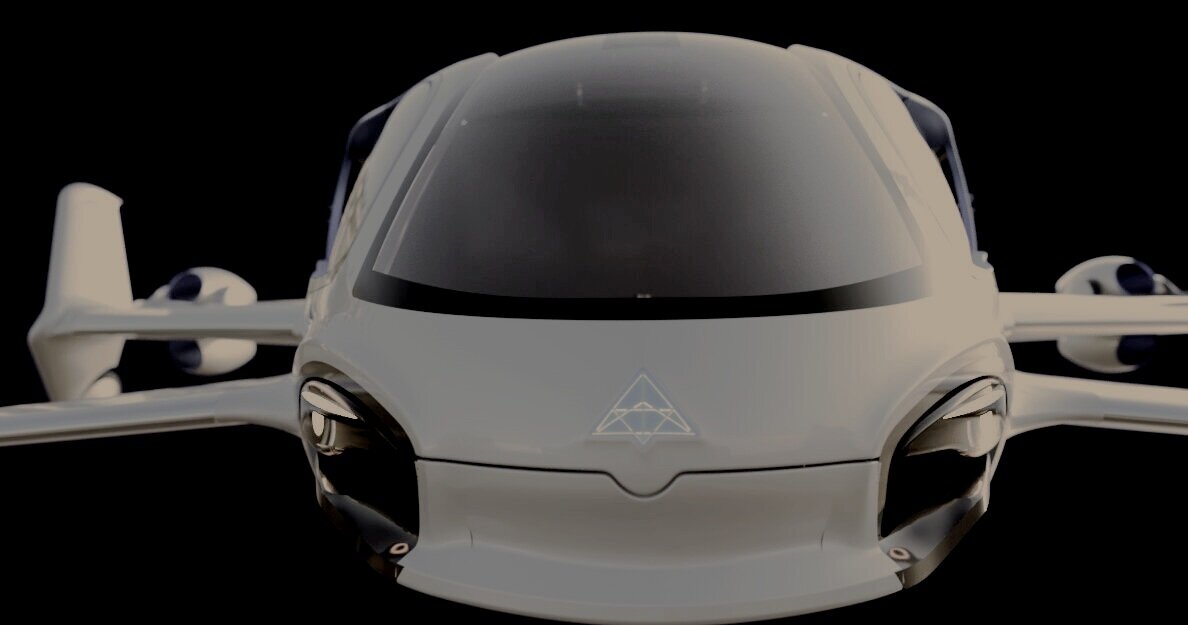What is Industrial Design?
What is Industrial Design?
Now there’s a question you don’t hear every day.
Industrial design is a creative process in which designers partner with manufacturers to craft the form, function, and style of a product.
Even when you’re hired to do the work, it seems like most folk approach industrial designers with either a vague idea of what we do or with a lot of outright misconceptions.
To be fair, things have changed quite a bit since Joseph Claude Sinel first coined the term “industrial designer” back in 1919. Industrial design (ID) has evolved far beyond hand-drawn schematics and expensive prototypes. With technology in play, the process is cheaper and more efficient than it has ever been. And yet, after a hundred years, we’d argue that the foundations of ID remain unchanged.
Industrial designers are concerned with what’s called the “humancentric” side of design. Does the product have a transparent function (as in, could someone pick it up and use it with minimal direction)? Does it do what it was created to do? Do the aesthetic of the product speak to its customers?
When you boil it down, the process is simple: we take a product off the page and put it in to the manufacturer’s hands -- fully formed, functional, and replicable. Industrial designers use tools like sketching, rendering, 2D expression, digital painting, sculpting, 3D printing, and laser cutting.
Ideally, you would hire an industrial design studio like ours in the product development phase. Too often industrial designers are called in after tens of thousands of dollars have already been poured into a failed product. It’s not the job of an industrial designer to resurrect a product from the ashes. Our job is to work alongside manufacturers, engineers, and marketers to develop a product that is fireproof from its inception.
SURVIVR concept ambulance 2015 designed by Design Eye Q for Charles Bombardier Designs
Now, the real question: why industrial design?
Why should companies incorporate industrial design at all, let alone from a product’s inception? What’s the value of hiring an industrial design studio like ours?
Mitigating risk. Hiring an industrial designer at the beginning of the process means avoiding many of the pitfalls of product design.
Cost-effectiveness. When the foundation of a product is good design, companies forgo the risk of pouring money into an ill-fated product.
Meeting every objective. A studio like ours has the ability to square the product vision, (typically the objective of leadership and marketing) and its functional limitations (which engineers are quick to discover).
Exploring possibilities. The industrial design process is a creative one. When we start a project, we want to throw everything at the wall to see what sticks.
Encouraging flexibility. While we appreciate limitations, they can quickly calcify the design process. Industrial design can help a company move through periods of rigidity by offering different perspectives.
3d Print
Solidworks CAD model
Finished Product
Our industrial design background
Ray Mattison, the industrial designer and co-owner of our design studio, has worked in aerospace from day one.
After graduating from the College of Creative Studies in his hometown of Detroit, Ray expected he’d be designing cars. But as the automotive industry entered free fall, Ray chose to pursue an opportunity to work on the yet-unheard-of Cirrus Jet.
Ray was part of an advanced development group working on the interior of the Cirrus Jet, the only single-engine jet to be produced at the time. Cirrus ended up winning the Coullier Trophy in 2017 for the design of the jet -- the most prestigious award given in aerospace engineering. Past recipients include the Hubble Space Telescope Retrieval Team, NASA, and Boeing.
Our background in aerospace gives us a unique understanding of the role ID can play in shaping a product. We would argue that the best industrial design happens when we work directly with engineers. We have a deep appreciation for the limitations they communicate to us throughout the process.
The reality is, industrial designers have one hand in marketing and the other in engineering, weaving all the strands together to create something that sings and flies.
Interested in working with our studio?
More than anything, industrial design is concerned with crafting the form, function, and style of a product. Contact us to learn more about what we can do to help your company craft beautifully functional products.








